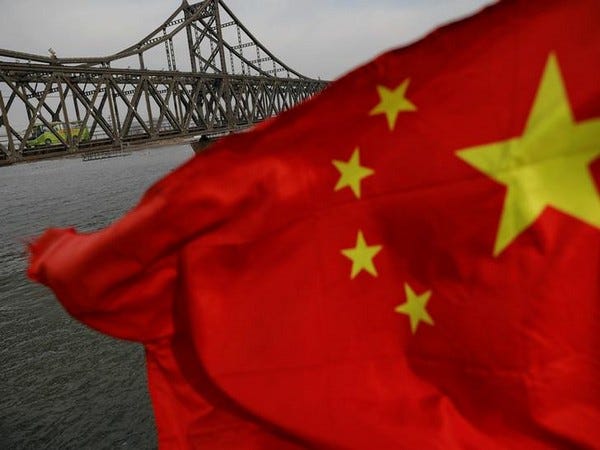China Uses Soft-Power Strategies to Influence Taiwan's Spiritual Followers, Portal Plus Reports
Portal Plus reveals China's use of soft-power strategies to target Taiwan's spiritual followers and spread its influence.
AIPEI, TAIWAN — China has been targeting spiritual followers in Taiwan as part of its strategy to spread influence, according to a report by Portal Plus.
The report highlights China's use of "so-called united front work" to befriend minor enemies and isolate major ones, as its military interventions and threats have not yielded the desired results.
China's President Xi Jinping has shown increasing hostility towards freedom of religion and has been suppressing Christianity in China, with the Chinese Communist Party (CCP) overseeing the control and suppression of religious knowledge transmission and detaining Christians critical of the government.
China's approach to religion in Taiwan is multifaceted, using it as a tool to influence the region.
The Chinese government has organised exchanges, conferences, and cultural events involving Buddhist and Taoist leaders from Taiwan, aiming to foster cultural and religious ties and promote a sense of shared heritage.
China has also encouraged the celebration of Chinese traditional festivals in Taiwan and used soft-power strategies such as cultural performances, art exhibitions, and religious ceremonies to showcase its rich heritage and attract Taiwanese youth.
By emphasising cultural and religious ties, China aims to create a favourable environment for its goal of reunification with Taiwan under its "One China" policy.
Portal Plus reports that China's targeting of Taiwan's spiritual followers is part of this broader strategy to influence the region.



